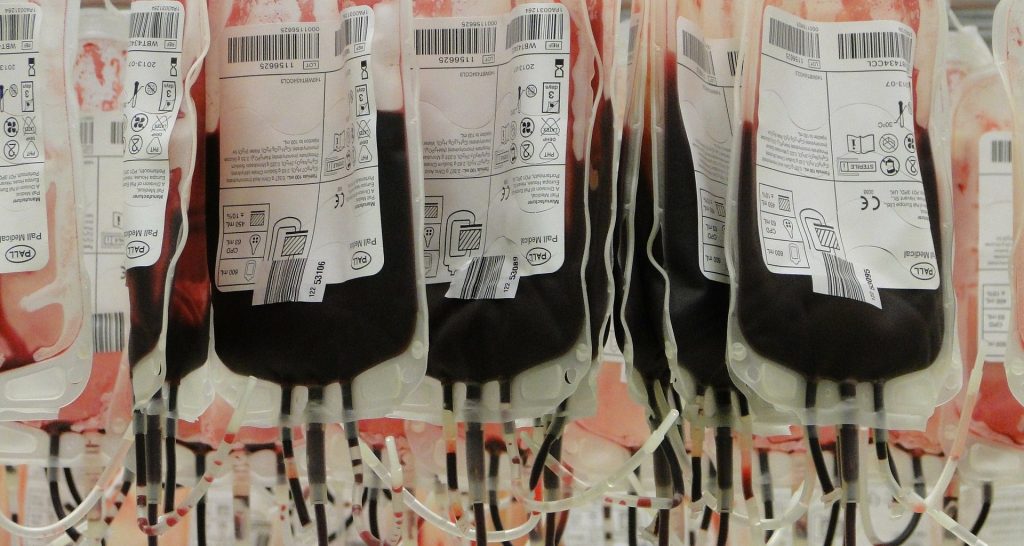There are many advantages of storing cord blood – both for the donors and to transplant recipients. Here are a few of these advantages:
- The collection of cord blood is simple and poses no medical risk to the baby or the mother. After birth, a medical staff member simply collects the blood from the delivered placenta and does not in any way interfere with care of the newborn of the mother.
- Because cord blood is collected in advance, it has already been frozen, tested and ready to use if a recipient needs it. Once the blood is collected, it is tested, frozen and stored, and its information is entered into a central database. If a match is ever found, the cord blood is ready to go and further testing usually only takes a few days prior to transplant. This process eliminates the need to locate a donor, such as in bone marrow transplants.
Cord blood transplants do not require a precise match like in the case of bone marrow transplants. Donor cord blood and recipients generally only require partial matches, whereas with bone marrow transplants, the grafts require an 8/8 match in most cases.
Stay Connected